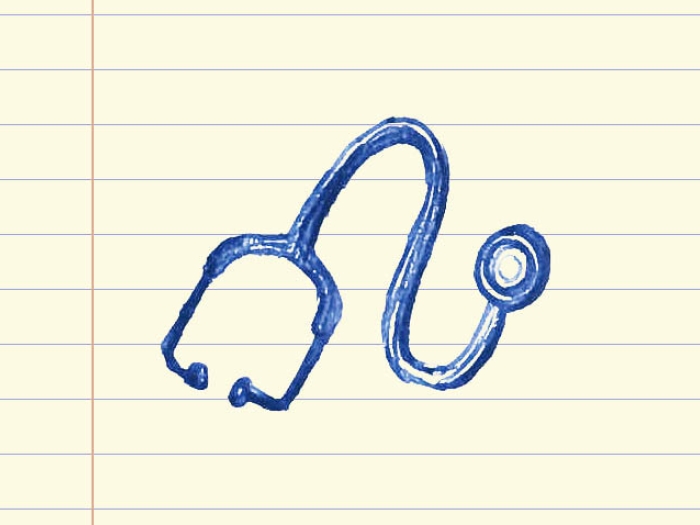A new commentary highlights the dramatic decline in emergency department visits during the COVID-19 pandemic and what could be causing the decrease.
9:59 AM
Author |

In a new commentary piece, published in JAMA Health Forum, two health researchers describe the decrease in emergency department use during the COVID-19 pandemic.
"While data are still being collected and reviewed, we know there was a dramatic drop in patients seeking care in emergency departments during March and April 2020," says Keith Kocher, M.D., MPH, an associate professor of emergency medicine and learning health sciences at Michigan Medicine and a member of the University of Michigan Institute for Healthcare Policy and Innovation.
Kocher, along with Michelle Macy, M.D., M.S., of Ann & Robert H. Lurie Children's Hospital of Chicago, highlight in the commentary major reasons for the decline and their implications, including emergency department demand being related to patients' physical and social environments.
"Social distancing, frequent hand washing and wearing masks in public, all help lower the transmission of viruses and infectious illnesses, which are often reasons why patients, especially children, seek emergency care," Macy says.
In addition, Kocher and Macy say the epidemiology of injuries changed during the pandemic, such as fewer motor vehicle accidents occurring due to less travel, and health care administration and policy decisions affected patients' ability to obtain care. For example, cancellations of scheduled procedures and expansion of telehealth appointments kept patients from physically going to a hospital for care.
They also note that the pandemic altered when and how quickly patients turn to the emergency department for urgent care needs.
"This is truly tragic because if someone is experiencing concerning symptoms, we want them to come in as quickly as possible for care," Kocher says. "Our emergency department is safe and ready to care for you."
Commentary cited: "Emergency Department Patients in the Early Months of the COVID-19 Pandemic: What Have We Learned?," JAMA Health Forum.

Explore a variety of healthcare news & stories by visiting the Health Lab home page for more articles.

Department of Communication at Michigan Medicine
Want top health & research news weekly? Sign up for Health Lab’s newsletters today!





